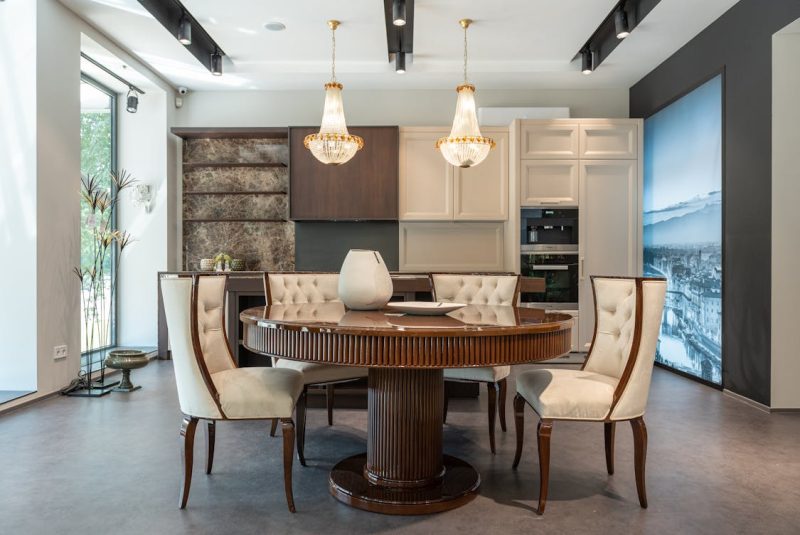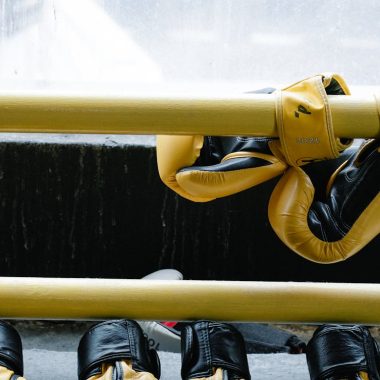Concrete has long been the go-to material for a variety of construction projects, from driveways to industrial flooring. Its durability and strength make it an appealing choice for many.
Yet, there’s a new player in town, and it’s making waves for good reason—epoxy. This article explores the compelling reasons to make the switch from concrete to epoxy, highlighting its advantages and benefits.
The Basics: What is Epoxy?
Epoxy is a synthetic resin composed of two components: a resin and a hardener. When these two elements are mixed, a chemical reaction occurs, resulting in a strong, adhesive material.
This combination forms a durable surface that can withstand heavy traffic and resist chemical spills. Unlike concrete, which can crack and wear over time, epoxy offers a much more resilient alternative.
Durability That Goes Beyond Concrete
One of the standout features of epoxy is its remarkable durability. While concrete can crack under stress or pressure, epoxy forms a solid bond that is impervious to many types of damage.
It can withstand impacts, abrasions, and even harsh environmental conditions. This resilience makes it a popular choice for industrial settings, garages, and warehouses where heavy machinery and foot traffic are common.
A Cleaner, More Hygienic Option
Epoxy’s smooth, non-porous surface is a significant advantage when it comes to cleanliness. Unlike concrete, which can harbor dirt, grime, and bacteria in its pores, epoxy is easy to clean and maintain. A simple wipe down is often sufficient to keep it looking fresh and sanitary.
If you’re seeking a flooring option that combines hygiene, visual appeal, and long-term performance, we recommend exploring durable, seamless resin floor systems for a polished, professional finish.
This quality is particularly important in settings such as laboratories, hospitals, and food processing facilities, where hygiene is paramount.
Aesthetic Appeal: Color and Design Choices

Gone are the days when flooring options were limited to dull gray concrete. Epoxy comes in a variety of colors, finishes, and designs, allowing for greater creativity and personalization.
Whether you’re looking for a glossy finish to enhance your commercial space or a unique pattern to brighten up your garage, epoxy can meet your needs. The ability to customize flooring can boost the overall look of a space, making it more inviting.
Speedy Installation Process
Time is money in construction and renovation projects. When it comes to installation, epoxy can often be applied more quickly than concrete.
The curing time for epoxy is generally shorter, allowing for faster turnaround. This factor can minimize downtime for businesses, making it an ideal choice for busy commercial settings that cannot afford extensive disruption.
Resistance to Chemicals and Stains
In environments where spills and leaks are a regular occurrence, epoxy’s chemical resistance is a significant advantage. It can withstand various solvents, oils, and acids, making it a viable choice for garages, workshops, and manufacturing facilities.
Concrete, on the other hand, can stain easily and may require extensive cleaning or replacement if damaged.
Cost-Effectiveness Over Time
While the initial investment in epoxy may be higher than concrete, the long-term savings can be substantial. Thanks to its durability and low maintenance requirements, epoxy can save money in repairs and replacements.
Businesses and homeowners alike may find that the longevity of epoxy outpaces that of concrete, making it a wise investment in the long run.
Eco-Friendly Considerations
Sustainability is becoming increasingly important in today’s construction practices. Many epoxy products are now formulated to be environmentally friendly. They produce fewer volatile organic compounds (VOCs) compared to traditional concrete sealers and coatings.
This eco-conscious approach appeals to both businesses and homeowners looking to reduce their carbon footprint while still achieving a high-quality finish.
Slip Resistance Options
For areas prone to moisture, such as kitchens, bathrooms, or outdoor spaces, epoxy can be customized to include slip-resistant additives. These features help prevent falls, making it a safer choice for both residential and commercial applications.
In contrast, standard concrete surfaces can become slippery when wet, posing a risk to safety.
Versatility Across Applications
Epoxy is not limited to just flooring. It has a wide range of applications beyond traditional uses. From countertops to wall coatings, epoxy can transform various surfaces with its strong adhesion and aesthetic appeal. This versatility makes it an attractive choice for both renovations and new constructions.
Fast Repairs and Maintenance
If damage does occur, repairing epoxy surfaces is often easier than fixing concrete. Small cracks or chips can be filled quickly, and the repair process typically does not require extensive downtime.
In contrast, repairing concrete can be time-consuming and may require professional intervention, leading to higher costs and longer wait times.
Temperature Tolerance
Many epoxy formulations include additives that enhance their ability to withstand temperature fluctuations. This feature makes epoxy suitable for both hot and cold environments.
In industries where temperature control is vital, this property can be a game-changer, allowing for consistent performance regardless of external conditions.
Sound Dampening Properties
Epoxy flooring can help to reduce noise levels in a space. This sound-dampening quality can be particularly beneficial in commercial settings, such as offices or retail environments, where a quieter atmosphere is often desired.
Concrete, on the other hand, can amplify sounds, creating a less pleasant environment.
Easy Application to Existing Surfaces
One of the most appealing aspects of epoxy is its ability to be applied over existing surfaces. Whether you’re looking to upgrade from aging concrete or another flooring material, epoxy can often be laid directly over the top, saving time and labor costs.
This characteristic is especially attractive for renovations, as it minimizes the need for extensive prep work.
Customizable Thickness Options
Epoxy systems can be applied in varying thicknesses, depending on the specific requirements of the space. Thicker applications can provide additional durability and resistance, making it suitable for heavy-duty applications.
This flexibility is another reason why epoxy is preferred in many industrial and commercial settings.
Enhanced UV Stability
Certain epoxy formulations are designed to resist fading and discoloration from UV exposure. This quality is particularly valuable for outdoor spaces or areas with large windows that receive direct sunlight.
In contrast, concrete can fade and change color over time when exposed to UV rays, which can diminish the appearance of the surface.
A Sustainable Future
As industries continue to seek sustainable solutions, epoxy presents a promising alternative to traditional building materials. Its low environmental impact, combined with its long lifespan and resilience, makes it a choice worth considering for both new construction and renovations.
The shift toward eco-friendly options is not just a trend; it’s becoming a requirement in modern building practices.








